Coronavirus (COVID-19) Updates
For the latest COVID-19 information and updates from Qatar Foundation, please visit our Statements page

Doha is the Capital of Culture in the Islamic World 2021, and Dr. Aisha Yousef Al Mannai, Director of the Muhammed Bin Hamad Al Thani Center for Muslim Contribution to Civilization at QF member Hamad Bin Khalifa University’s College of Islamic Studies talks about Qatar’s efforts to spread the Islamic culture to the world.
Islam emerged in the Arabian Peninsula with a universal message represented by the Holy Qur’an in Arabic; the messenger of Allah, the Arab Prophet Muhammad (PBUH); and the first group of Muslim believers. At that time, the majority of Muslims were Arab, with a small number of them being non-Arabs. Islam removed the differences between them and the Arabs and made them all brothers, with non-Arabs being among those who occupied leading positions in this new society and in the emerging Islamic civilization, such as Salman Al-Farisi, Bilal Al-Habashi and Suhaib Al-Roumi. The roles they played in the new civilization, indeed, are well-known.
An important project undertaken by Qatar was established to translate the most important books of the Islamic civilization into international languages
When countries and people began to believe in the message of Islam and its guidance, the ‘universality’ of Islam began to manifest itself in a stronger form, and with it some great projects of this civilization began. One of the most important of these is the process of cultural enlightenment, both at home and abroad.
Islam has attached great importance to this project by urging people to gain knowledge and encouraging them to then spread it across the nations. The House of Wisdom was established in the center of the Islamic Caliphate, which supported cultural and civilizational projects. And the most important aspect of this was the translation of books.
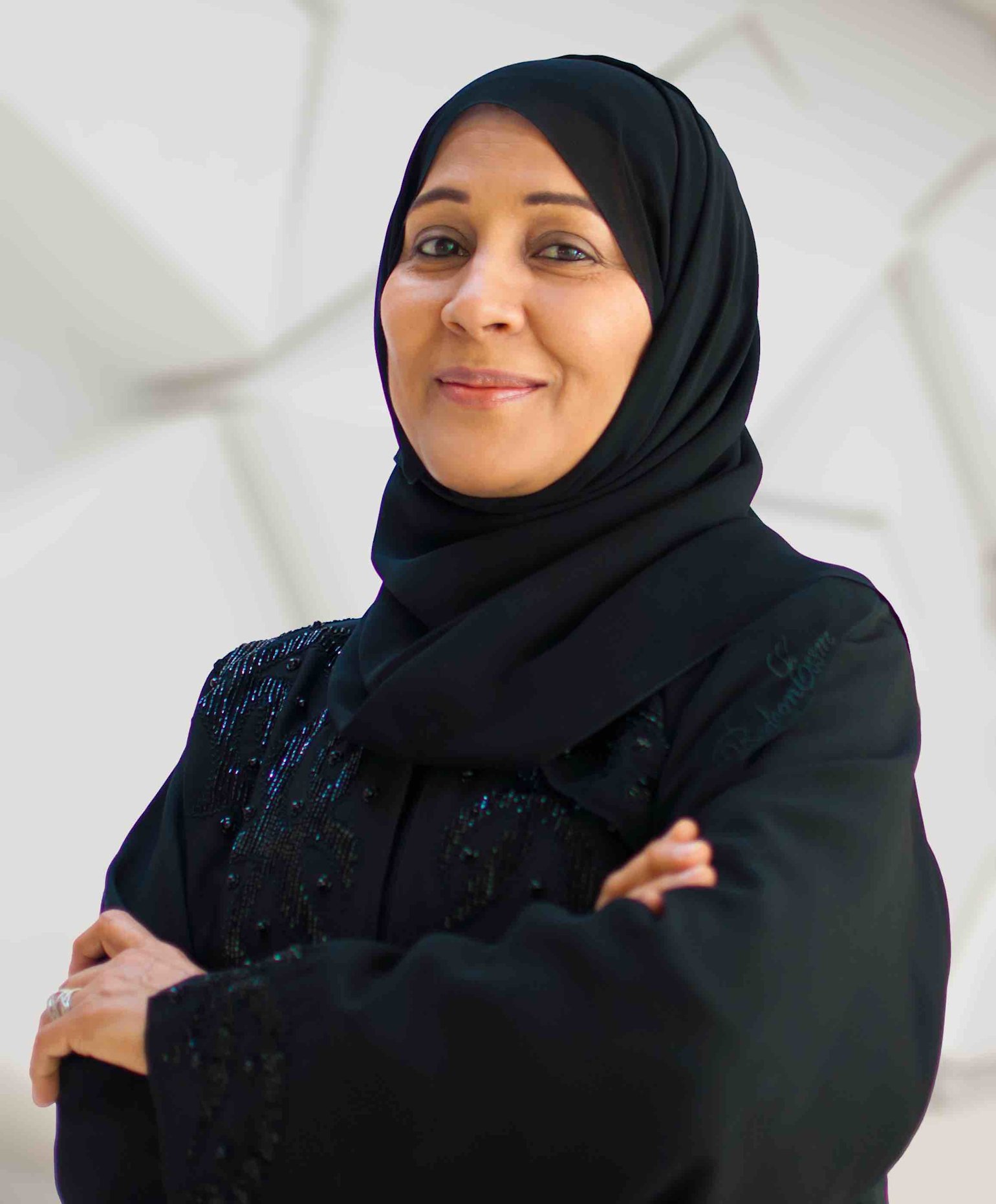
Dr. Aisha Yousef Al Mannai, Director of the Muhammed Bin Hamad Al Thani Center for Muslim Contribution to Civilization at QF member Hamad Bin Khalifa University’s College of Islamic Studies.
The Islamic civilization believed, based on the Qur’anic directives and the role model shown by Prophet Muhammad (PBUH), in the necessity of working hard to achieve cultural communication, and civilizational and cultural interaction with other nations and civilizations, as channels for ensuring a world where peace prevails and societies coexist in safety and security. As a matter of fact, the Islamic civilization believed that this will not be achieved without acquiring knowledge and mutual knowledge exchange, because ignorance is the biggest barrier that hinders communication, understanding and coexistence. There is no doubt that translation plays a central role in overcoming this barrier.
These published translations have received great attention from, and been welcomed by, the international academic community, and have spread among students and researchers in most parts of the world
We know from the history of human civilization how translation led to positive interactions among different cultures and civilizations, in addition to its great role in the renaissance of nations. The interactions among the Greek, Indian, Egyptian, Islamic, European, Chinese, and Persian civilizations provide historical evidence for how such volumes were authored.
Islam and knowledge heritage
Since the beginning of the Islamic civilization, Muslims have actively and creatively participated in the development of human civilization, and have been at the forefront of the creative knowledge forces in the fields of various sciences. Indeed, they left a great legacy of knowledge in such domains. They also authored a huge number of books in Arabic.
Europe was keen to learn Arabic to benefit from this knowledge heritage, and it translated a large number of books into European languages, either in full or part, sometimes without reference to the original Muslim authors. However, these translations were insufficient to introduce people to the Islamic culture in terms of providing them with a full picture of its integration and inclusiveness. Rather, the common image of Arab Islamic culture was represented by the stories of One Thousand and One Nights.
In the modern age, Muslims lost their lead in the fields of science, civilization, thought, philosophy, religion, and politics. Negative stereotypes emerged about Islamic culture, drawn from a variety of sources, all of which share inaccuracies and reliance on imagination and travelers’ stories. This created the need to translate what represented the manifestations of the Islamic culture in terms of scientific, intellectual, social, political, literary and other aspects.
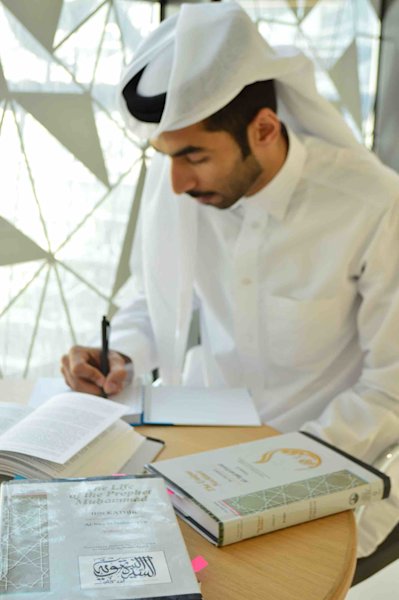
As we celebrate Doha being the Capital of Culture in the Islamic World this year, Dr Al Mannai says that translation can help in overcoming stereotypes about Muslims and correct negative perceptions.
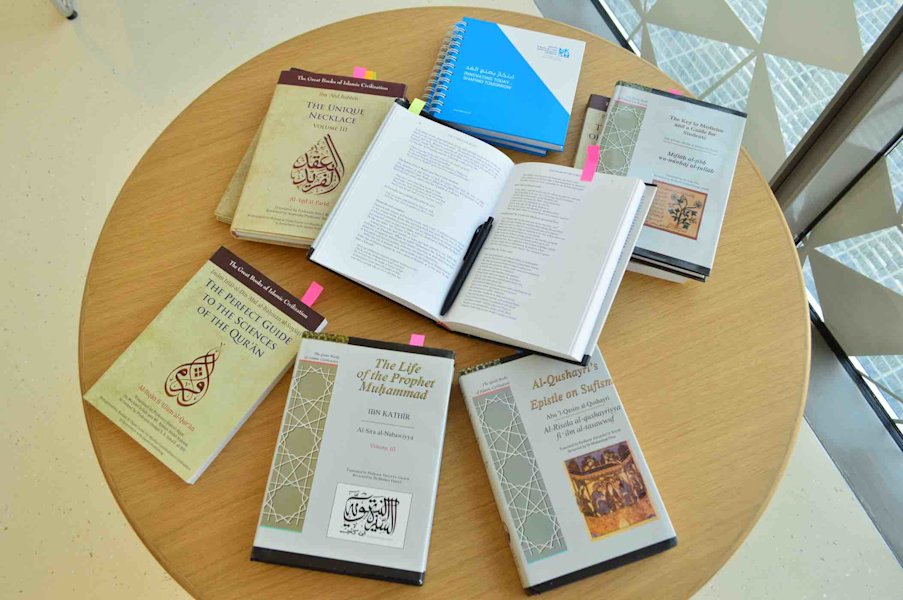
Large translation projects appeared in the Arab and Islamic worlds, but these were based on books by the West being translated into the languages of the Muslim nations. Undoubtedly, this contributes to developing knowledge and communicating with the present world, but it does not introduce other cultures to our culture. For this reason, an important project undertaken by Qatar was established to translate the most important books of the Islamic civilization into international languages, especially English. The goal is to educate both worlds – Muslims and non-Muslims – about the Islamic culture and its unprecedented creativity in the fields of science, culture, medicine, engineering, architecture, legislation, literature, thought, history, biography, and religion, as well as fields related to educational systems and multiple cultural manifestations.
Qatar Foundation’s efforts, illustrated by the work done by the Center, to spread the Islamic culture through translation is one manifestation of Doha’s efforts in this field
Muhammad Bin Hamad Al Thani Center for Muslim Contribution to Civilization was established in 1983 to contribute the success of this Arab Islamic cultural objective. The center, which comes under the umbrella of Qatar Foundation and is directly administrated by Hamad Bin Khalifa University’s College of Islamic Studies, has so far issued 26 volumes by Garnet Publishing in English, all translated from Arabic. These published translations have received great attention from, and been welcomed by, the international academic community, and have spread among students and researchers in most parts of the world. Perhaps a quick look at the names of the books included in the list of publications is sufficient to appreciate the role that Qatar Foundation plays through the Center for Muslim Contribution to Civilization, of which I am honored to be the director.
Some of what has been published so far includes four volumes of The Life of the Prophet Muhammed by Ibn Hisham, with the second edition of the book also being published; Ṣūrat al-’Arḍ by Ibn Hawqal; The Rebuttal of the Logicians by Ibn Taymiyyah, Al-Itqān fi ‘Ulum Al-Qur’an (The Perfect Guide to the Sciences of the Qur'an) by Al-Suyuti (the other two volumes are under publication); Al-Muwafaqaat by El-Shatby (two volumes published, while the rest are under publication); Al-Qushayri’s Epistle by Al-Qushayri; Ibn Hindu’s Book; Al-Juwayni’s Book; and Three Treatises on the I’jAz of the Qur’An (Inimitability of the Qur’an) by three authors: Al-Khattabi, Al-Rummani Abi Al-Hassan Ali, and Abd Al-Qaher Al-Jurjani.
Works by the center
At the center, we believe that translation achieves great scientific and cultural goals. Perhaps the most important of these is helping to overcome stereotypes about Muslims and correct the negative perceptions that dominate the minds many people in the contemporary world. The knowledge heritage that has proven the character of this Islamic culture is the guarantor of changing these stereotypes. As for its scientific and research benefits, there is not enough scope to elaborate on them all here.
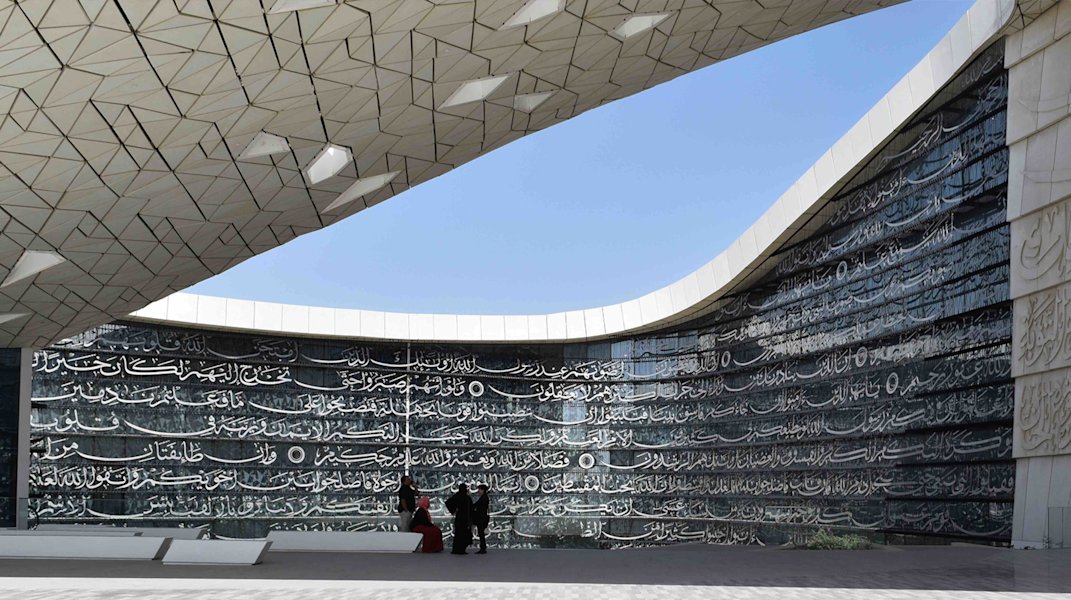
According to Dr Al Mannai, the goal of the Muhammed Bin Hamad Al Thani Center for Muslim Contribution to Civilization is to introduce Islamic culture and the contributions Muslims have made to human civilization.
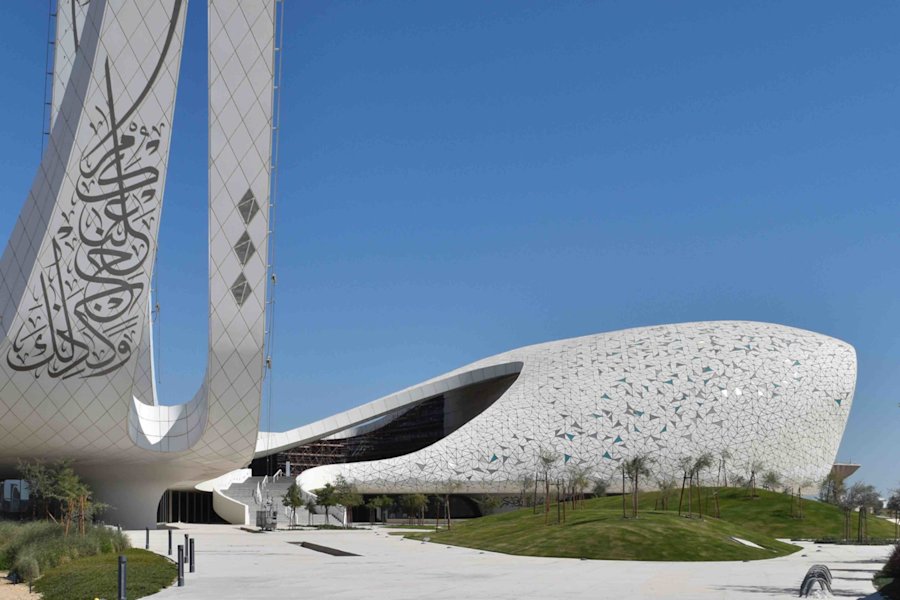
As we celebrate Doha being the Capital of Culture in the Islamic World this year, it can be proud of the work of this center, and how its efforts are being strengthened and its activities expanded. Its translations are part in international exhibitions in cities such as Frankfurt and London, and go beyond them to seminars and local and international conferences on the achievements of Islamic culture and its contributions to human civilization. They present knowledge and information to people translated into different international languages, to introduce this culture and its achievements and contributions.
Qatar Foundation’s efforts, illustrated by the work done by the Center, to spread the Islamic culture through translation is one manifestation of Doha’s efforts in this field. And, in this regard, we must also not forget the Hamad Bin Khalifa Award for Translation and International Understanding and its impact and influence at the global level.

